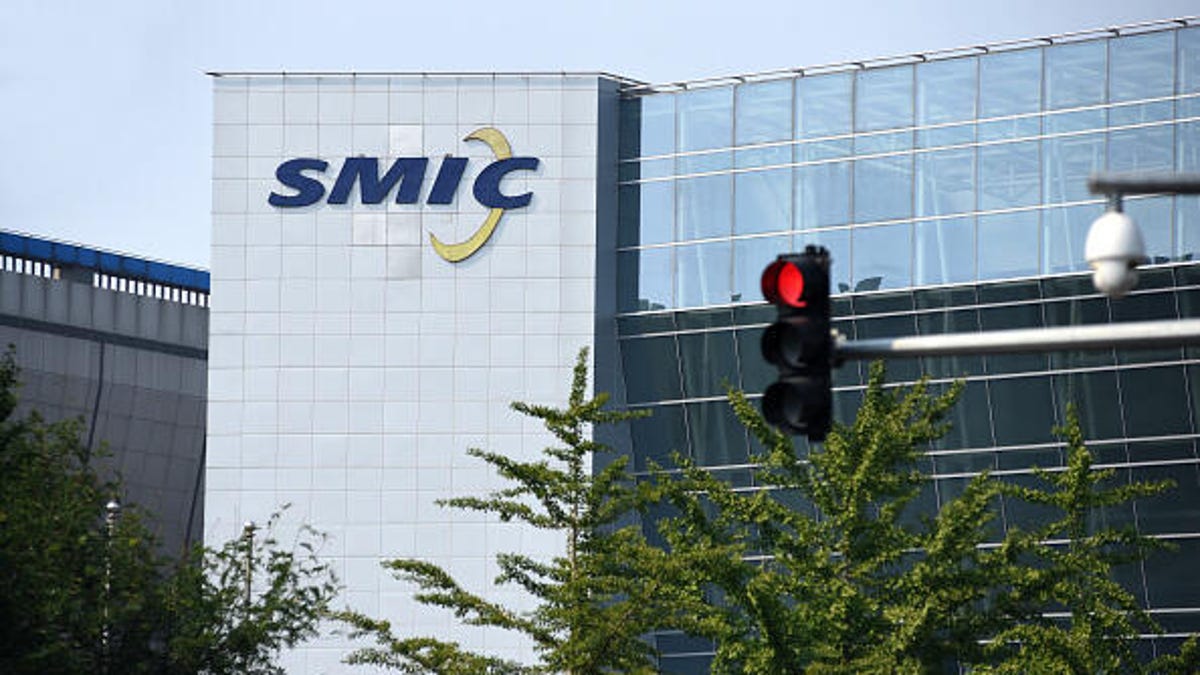US sets restrictions on China's biggest chipmaker, citing military fears
The Commerce Department reportedly says that US companies exporting gear to Semiconductor Manufacturing International Corporation must first get a license to do so.

The Beijing branch of Semiconductor Manufacturing International Corporation.
US wariness of Chinese tech firms was underlined again Friday, when the Commerce Department sent a letter to companies in the states reportedly telling them they must get a license before exporting certain goods to China's largest chipmaker, out of concerns about military use of technology.
The Commerce Department said in the letter that exports to Semiconductor Manufacturing International Corporation "may pose an unacceptable risk of diversion to a military end use in the People's Republic of China," according to a Saturday report by The New York Times.
Last year, the US placed restrictions on companies selling gear to Chinese telecommunications giant Huawei , over concerns about Huawei's relationship with the Chinese government and fears that its equipment could be used to spy on other countries and companies.
And popular video app TikTok, owned by Chinese company ByteDance, is currently facing a potential ban in the US because of worries that the user data it collects could be shared with China's communist government. Both Huawei and ByteDance have called such concerns baseless.
The Times notes that though SMIC is China's most technologically advanced manufacturer of semiconductors, it lags years behind industry-leading chipmakers and can't make chips that support the most cutting-edge applications. And for the processors it does make, it relies on equipment and software from American companies, the Times said.
Asked about the Commerce Department's letter and the new export restrictions, a spokesperson for the Commerce Department's Bureau of Industry and Security said in a statement to CNET that the BIS can't comment "on any specific matter."
The BIS "is constantly monitoring and assessing any potential threats to US national security and foreign policy interests," the spokesperson added, and "will take appropriate action as warranted," along with its interagency partners.
SMIC said the company makes chips and provides services solely for commercial and civilian customers and purposes and has no relationship with the Chinese military.

